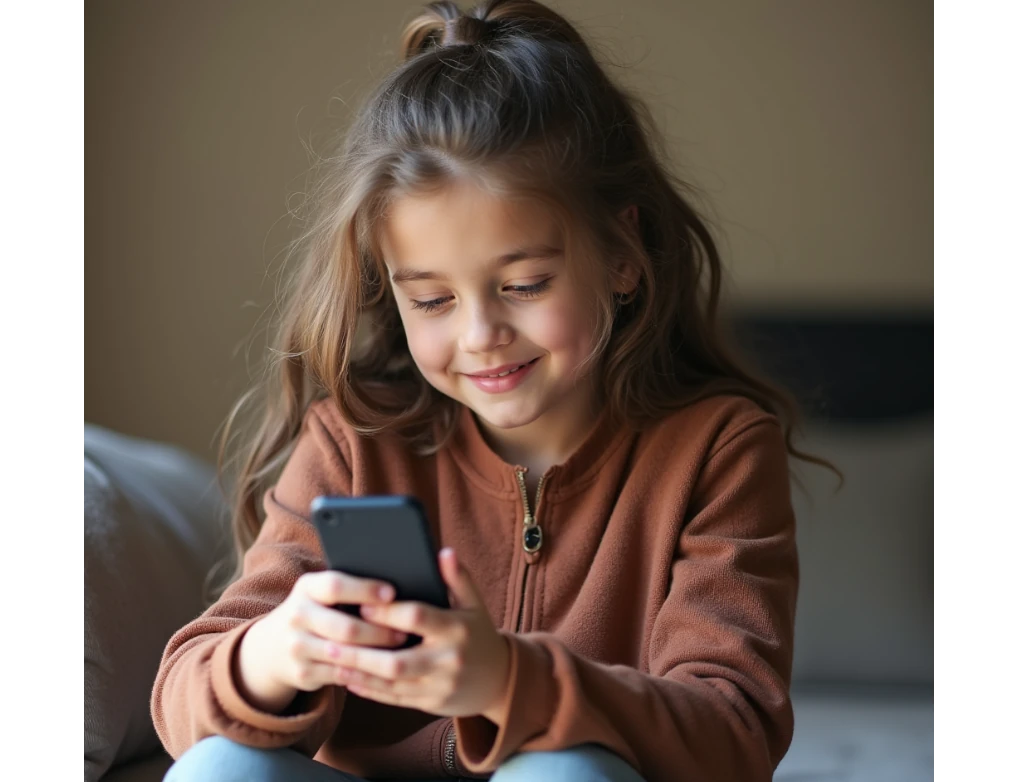More than being about photo-sharing or updates of what one’s friends have for lunch, social media is the most significant part of the children’s lives in this hyper-connected world. While such sites offer opportunities for creativity and communication, they carry along with them the danger of threats to children’s self-esteem. As a parent, it is important to understand the effects of social media on your child’s mental health for their balanced digital life.
How Social Media Affects Self-Esteem
Social media has the effect of building or diminishing self-esteem, depending on its usage. The key ways it impacts children are discussed below.
Comparison Culture
Children usually compare themselves to an influencer or peer who seemingly lives a “perfect” life. These comparisons lead to feelings of inadequacy, body image issues, and anxiety.
The Validation Trap
Likes, comments, and shares become measures of one’s self-worth. The absence of engagement in posts makes children wonder if they are worth anything.
Exposure to Negativity
Cyberbullying, negative comments, and exclusion from online groups can really hurt a child’s confidence and mental health.
Overemphasis on Appearance
Filters and editing apps create false beauty expectations, putting pressure on children to look a certain way to fit in.
What Parents Can Do to Support Their Children
Here are some practical ways you can ensure that social media has a positive, not negative, impact on your child’s self-esteem:
Open Communication
- Talk openly about the realities of social media. Most of what people post online consists of their highlight reels, not their real life.
- Encourage your child to share their feelings if they feel overwhelmed by social media.
Set Healthy Boundaries
- Limit screen time to prevent the dominance of social media in their daily activities.
- Utilize parental control applications like Pinardin, which monitor and block hazardous content.
Encourage Offline Activities
- Encourage hobbies and interests that help build confidence, such as sports, art, or community service.
- Enhance their social skills by promoting real-life interactions with friends and family.
Model Positive Behavior
- Be mindful of how you use social media around your child. Avoid excessive scrolling or openly comparing yourself to others.
- Share positive, uplifting content to show the constructive side of social platforms.
Teach Digital Literacy
- Help your child think critically about what they see. Encourage them to question whether an image is real if it seems too perfect or whether a post is exaggerated.
Warning Signs Social Media Is Affecting Your Child
Watch for these warning signs that your child’s self-esteem might be suffering due to social media:
- They seem to withdraw or show less interest in activities they used to enjoy.
- They are constantly critical of their appearance or performance.
- Their mood fluctuates with the ups and downs of online interactions.
- They express feelings of FOMO or anxiety about being offline.
How Pinardin Can Help
Pinardin equips parents with effective ways to safeguard their kids against the negative influence of social media:
- Content Filtering: Block harmful content and ensure usage appropriate for age.
- Screen Time Monitoring: Set daily limits and encourage a healthy balance of online and offline activities.
- Educational Resources: Access expert advice on navigating the digital world as a family.
Confidence Beyond the Screen
You are pivotal as a parent in building self-confidence in your child that isn’t tied to social media. Building open communication, encouraging offline hobbies, and using Pinardin to support their digital well-being will help your child grow into a self-assured and resilient individual.
Do you have any tips or experiences you’d like to share about your child’s social media habits? We’d love to hear from you in the comments below! Let’s create a community of parents who support each other through the ups and downs of raising confident, digitally savvy kids.


Comments